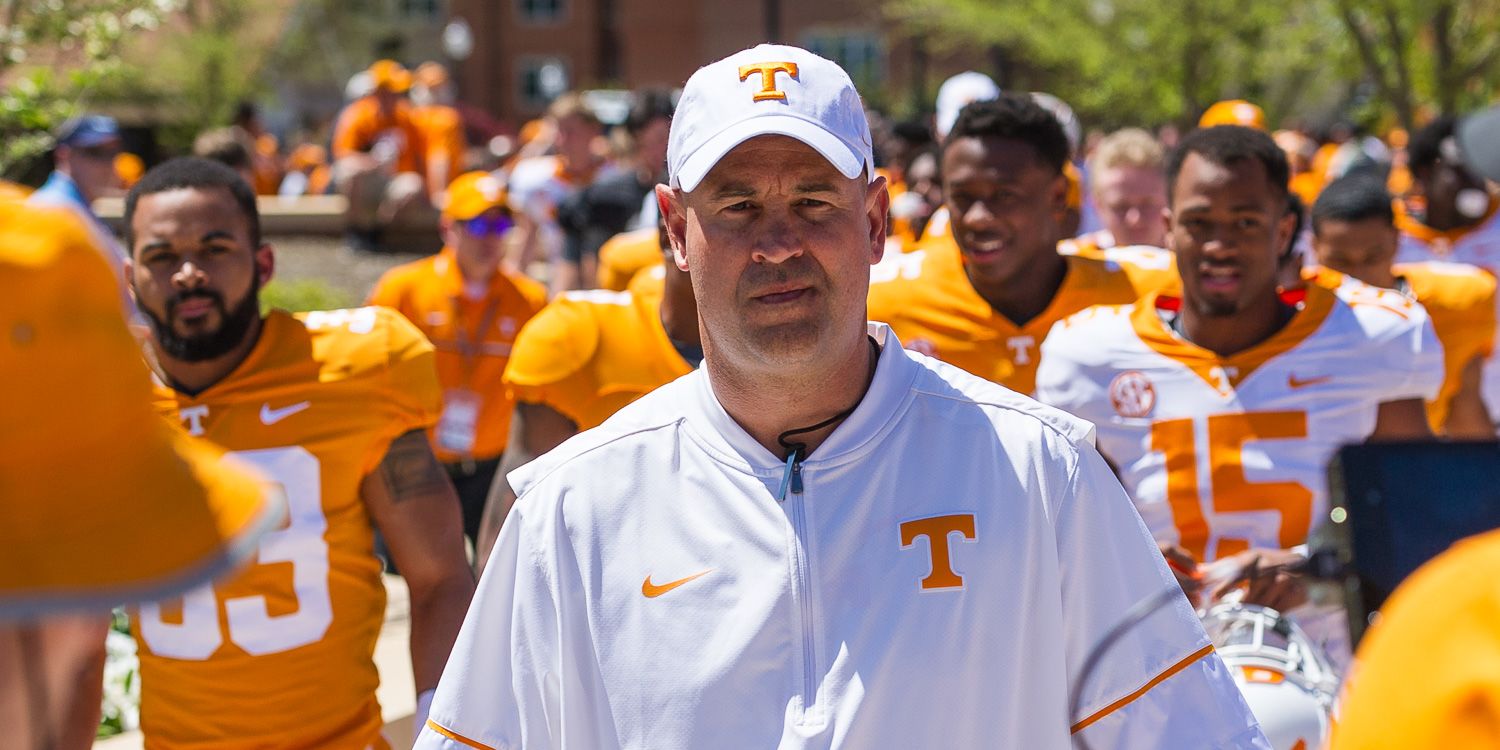If you’ve ever devoted much time to reading business/management/self-improvement books, you’ve probably heard the story about the IBM employee who feared he was going to be terminated after making a mistake that cost the company several million dollars. His boss told him that there was no way they were going to fire him now because they had just spent several million dollars educating him.
Whether that actually happened, I don’t know, and it’s probably worth pointing out that the guy to whom this is usually attributed is former IBM CEO Tom Watson, who reportedly also once said that the world only needed five computers. Reports that he actually said that are also dubious, by the way.
Regardless, the reason the story is often repeated in business and management circles is that it drives home an undeniable truth: Mistakes can be valuable because of the education and experience they create.
Mistakes, investments, and goodwill accounts
The trick, of course, is to make sure that the mistake-maker actually leverages his blunder into useful experience and that he achieves and then maintains a positive ledger before his time runs out and his account of goodwill runs dry.
College football coaches are well acquainted with this notion. If progress and success are deposits stored up with their bosses and fans, then mistakes (and losses generally, over time) are withdrawals. Withdrawals can be the equivalent of a little spending money or they can be major catastrophes to the balance of the account. Spend more than you have, and you’re overdrawn. No coach can remain overdrawn for long, no matter the size of his opening balance.
Tennessee football is in a rebuilding phase, and in that sense, it’s kind of like a startup, flush with stacks of crisp new $100 bills. In essence, Jeremy Pruitt begins his Tennessee tenure with a generous loan. The opening balance funds the “honeymoon” period, and the expectation is that he will make more withdrawals than deposits for some period of time.
Goodwill management
Pruitt’s primary goal for the immediate future, then, is to manage his stash of investment goodwill well. He’ll have some opportunities to increase his balance by having his team do well, and if he can capitalize on those opportunities, it will be good for everyone involved.
But mostly, he’s going to be on a bit of a spending spree for a while, and he’ll have to make the most of it. With a tough year looming, he can spend what he needs to, but he can’t burn through it like a prodigal lottery winner with a few hundred new friends.
Mistake management
As a brand new head coach in the SEC, Pruitt’s going to make some mistakes this year.
As a weary fan base, so will we.
What all of that costs depends largely on how well those mistakes are managed.
Football seasons are funny things. We fans tell ourselves before the season begins, when the numbers are sterile and devoid of emotion and pain, that a six-loss season is a reasonable goal. We tell ourselves that we expect mistakes to be made and that it’s just part of the process that we’re prepared to endure for a while.
And then we actually witness those mistakes in all of their gory glory while in a heightened state of emotion, and logic and reason fly out the window as quickly as regrettable words fly out of our mouths. It’s one thing to predict just one more L in the win/loss column. It’s another thing entirely to watch a rival receiver get behind the entire defense to grab a game-winning, 63-yard touchdown pass with 9 seconds left in a tie game. The letter “L” doesn’t make you raise your voice. Watching your team gift wrap a miracle to a hated rival — again! — will make you scream bloody murder.
Jeremy Pruitt’s job this fall is not to make no mistakes. He’s a new head coach with a steep learning curve ahead of him, and he’s going to do some things that cause us pain.
What he does need to do, though, is minimize his mistakes and learn from the ones he makes.
As fans, our support for Pruitt need not be unconditional. We don’t need to give him a free pass for his mistakes, and we aren’t expected to endure forever mistakes that are never leveraged into education, experience, and, in due time, success.
But the temptation to overcharge, to price-gouge Pruitt’s goodwill account in the emotional aftermath of an early mistake or two is coming, and we would be wise to resist it.

